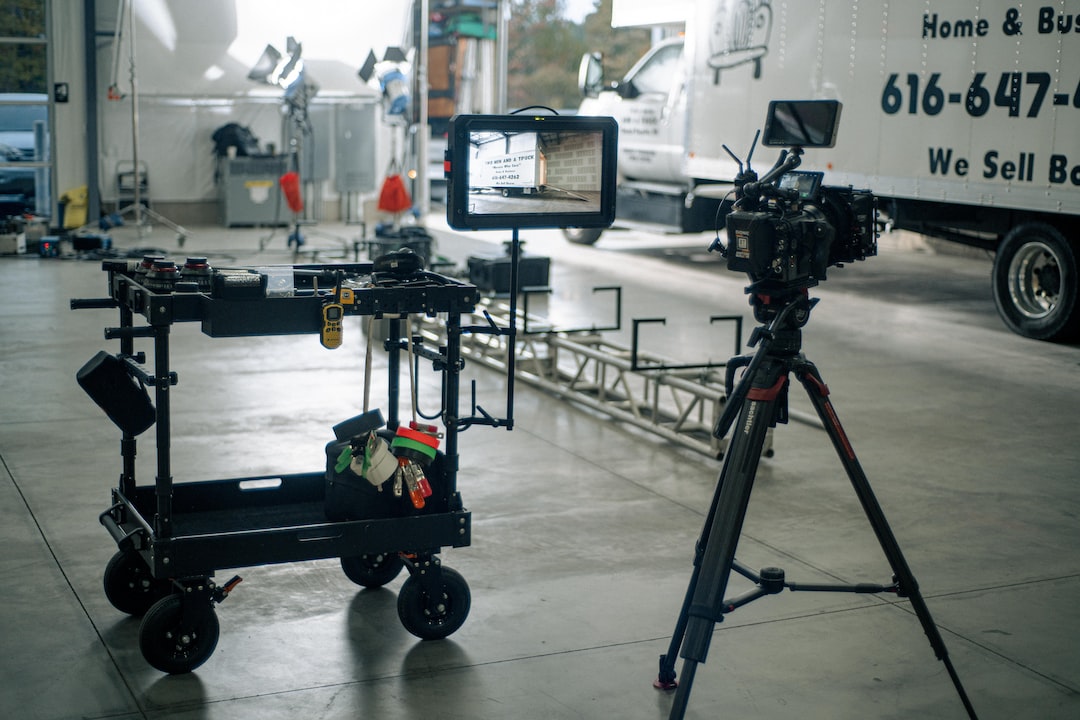Key Challenges Faced in Production and How to Overcome Them
In today’s fast-paced and highly competitive business landscape, production plays a critical role in the success and growth of any organization. However, production processes are often accompanied by various challenges that can hinder efficiency, quality, and profitability. It is essential for businesses to identify and overcome these challenges to maintain a competitive edge. In this blog post, we will discuss some of the key challenges faced in production and explore effective strategies to overcome them.
1. Supply Chain Management:
One of the most common challenges in production is managing the supply chain effectively. Ensuring a smooth flow of raw materials, components, and equipment is crucial for meeting production schedules and delivering products on time. However, supply chain disruptions such as late deliveries, quality issues, or unforeseen events can disrupt production, leading to delays and increased costs.
To overcome this challenge, businesses must establish strong relationships with suppliers. Regular communication, establishing backup suppliers, and implementing just-in-time inventory management can help mitigate supply chain risks. Utilizing technology like automated inventory management systems can provide real-time visibility into stock levels, enabling efficient demand planning and reducing the risk of stockouts.
2. Quality Control:
Maintaining consistent quality is paramount in production. However, ensuring product quality can be challenging, especially if businesses rely on manual inspection processes or outdated quality control systems. Inefficient quality control processes can lead to defective products, rework, and customer dissatisfaction.
To overcome this challenge, organizations should implement robust quality control mechanisms. Automation technologies, such as artificial intelligence and machine learning, can be leveraged to monitor and analyze production data in real-time. Implementing statistical process control techniques and conducting regular audits of the production process can help identify and address quality issues promptly.
3. Workforce Productivity:
Another significant challenge in production is optimizing workforce productivity. Employee morale, skills gaps, inadequate training, and low engagement can all impact productivity levels. In addition, managing a diverse workforce with different skill sets, languages, and cultural backgrounds can pose communication and coordination challenges.
To improve workforce productivity, businesses should invest in employee training and development programs. Providing clear work instructions, empowering employees to make decisions, and fostering a positive work environment can significantly boost productivity. Leveraging technology, such as task management software and communication tools, can enhance collaboration and streamline workflows across diverse teams.
4. Equipment Downtime:
Unplanned equipment downtime can have a substantial negative impact on production schedules and output levels. Failed equipment, breakdowns, and maintenance can lead to production delays, increased costs, and missed deadlines.
To minimize equipment downtime, organizations should establish a proactive maintenance strategy. Implementing preventive maintenance programs, conducting regular inspections, and monitoring equipment performance can help identify potential issues before they cause significant disruptions. Additionally, investing in predictive maintenance technologies, such as IoT-enabled sensors and condition monitoring systems, can detect early warning signs of equipment failure, enabling timely repairs or replacements.
5. Cost Management:
Managing production costs is an ongoing challenge for organizations. Raw material prices, energy costs, labor expenses, and waste management can all contribute to increased production costs. Failing to control these costs can erode profit margins and hinder business growth.
To address cost management challenges, organizations should regularly review and optimize their production processes. Conducting cost-benefit analyses, seeking alternative suppliers, and exploring energy-efficient technologies can help reduce production costs. Implementing lean production techniques, such as just-in-time manufacturing and waste reduction practices, can streamline workflows and eliminate unnecessary expenses.
Concluding Thoughts:
Production processes are complex and can experience various challenges. However, with careful planning, proactive measures, and the right strategies, these challenges can be overcome. Effective supply chain management, robust quality control mechanisms, optimizing workforce productivity, minimizing equipment downtime, and managing production costs are key areas to focus on. By addressing these challenges head-on, businesses can enhance their production efficiency, deliver high-quality products, and ultimately achieve sustainable growth in today’s competitive market.
